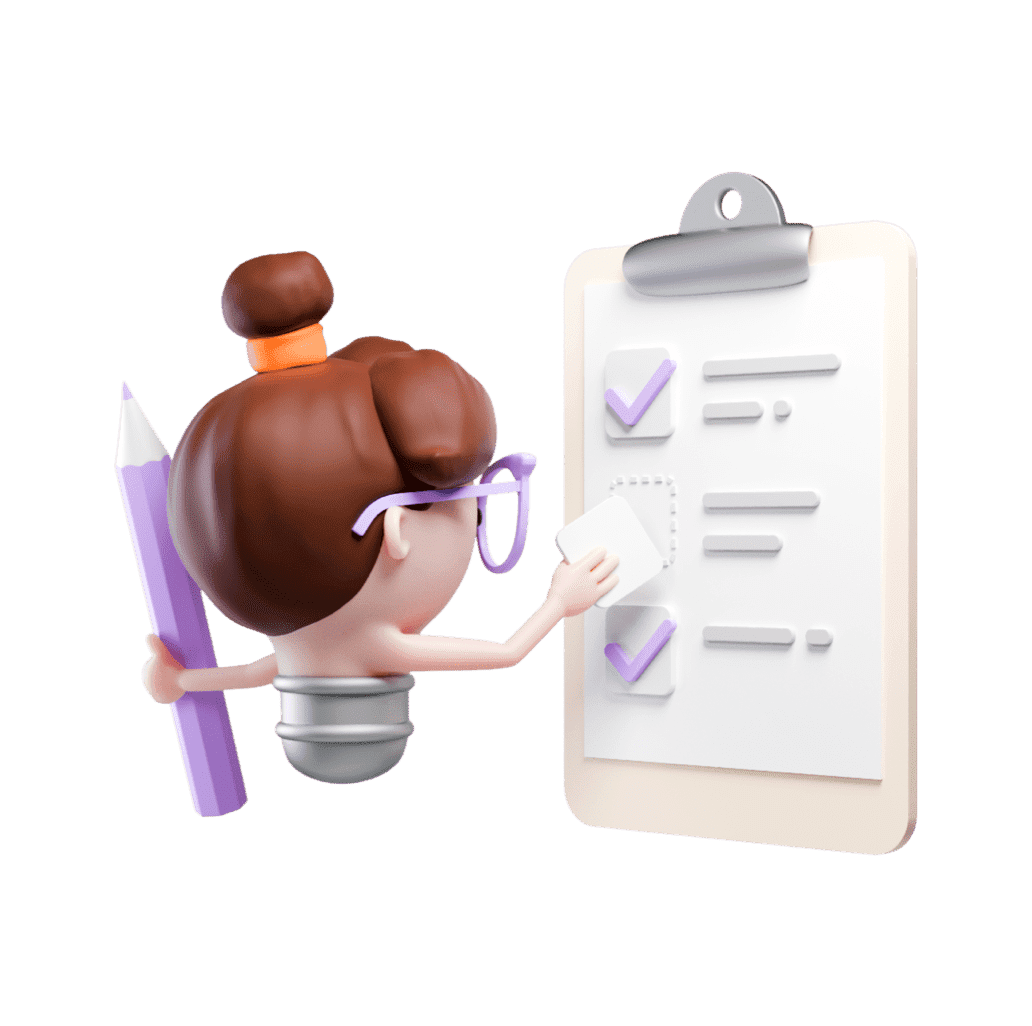Best Free Business Accounts
| U.S Bank Silver Business |
Allows 150 transactions a month for free. Has 3.000 bank branches in addition to online banking. |
| Capital One Spark Business |
Online banking with no monthly limit on transactions. |
| Well Fargo Business Choise |
Make 10 debit transactions a month and the $14 monthly free is waived. Offers a total of 200 free monthly transactions and no charge for the first $7.500 in cash deposits each month. |
| Bank of Internet Federal Bank Basic Business |
Online-only bank that offers 200 free transactions a month and unlimited fee reimbursement for ATMs in the US. |
Separate Business & Personal Expenses
Once your form your LLC, it’s important to keep your business and personal assets separate to protect your personal assets from liability. It also makes tax season a whole lot easier when you have one clear account with all your business expenses, instead of all expenses mixed up within two accounts that need to be sorted. Once you choose a business checking account for your LLC, make sure you receive a business checking card or apply for a business credit card that you can use for all business expenses. You can also use a tool like Expensify to track and tag business expenses from your mobile phone.
Consider a Small Business Credit Card
After you've established your business as a legal entity, it's smart to consider getting a business credit card. But which one is right for you, and which features should you examine before choosing one? Factors such as 0% intro APR will help your business carry an interest-free balance during the initial period. Similarly, welcome offers are a great way to add free money to your business spending. Not to mention, in the long run, a business credit card can help you save thousands per year from cash-back offers and reward points. The list of rewards and bonuses for signing up for a credit card is plenty and should be factored in while zeroing down on a credit card suitable for your business. To help you get started, check out our list of the top 10 business credit cards in 2020 that we highly recommend for small businesses.
Set Up Accounting Software
Choosing the right accounting software will allow you to track your accounts receivable — the money that is flowing in and out of your business. Accounting software will allow you to track bills, invoices, expenses and customers. This is also another important step in simplifying your year-end tax burden. With a clear, separate business checking account and card and an organized accounting software system, you’ll (barely) dread tax season as a business owner.
Here are some favorite accounting software options for LLC business owners:
QuickBooks: This is a top option for a lot of business owners and starts out at only $10 a month. You can automatically important banking transactions, track your customers and vendors and related bills and expenses, and integrate with a lot of other online finance tools. If you hire an accountant or tax support, they will all likely support QuickBooks. You can even use an online version in addition to a desktop version of their software. The drawback is that the learning curve for QuickBooks can sometimes be a bit steep.
Xero: Xero is online accounting software that is a great option for those who find QuickBooks to be too complicated and difficult to understand. Their plans start out at $20 per month.
FreshBooks: Freshbooks is online accounting software that allows you to also track your time, expenses, collaborate on projects and view accounting reports. One drawback is that it doesn’t currently have a way to track invoices that your business needs to pay. But, accounts start out at $15 per month.
Bench: Bench not only allows you to track your accounts receivable, but they include the help of a real-life bookkeeper to run your accounting every month. For a Bench account starting out at $125 a month, this is quite the deal instead of hiring your own bookkeeper.
Determine How You’ll Accept Credit Cards
If you use QuickBooks or Freshbooks, you’ll be able to accept credit cards to pay for invoices. If you have a brick and mortar location for your small business, you want to look into offering payments through a service such as Shopify or Square.
Look Into Business Funding Options
In case your business runs out of cash flow, you want to have a backup option so your business doesn’t go under. You can raise capital from investors, ask friends or family for loans, get a business credit card, take an online business loan, or look into government financing using the SBA & Business USA’s financing tools. Also, it’s important to remember that you can also bootstrap your business — which means only using the funds you have in your bank account and not expanding until you get more business income.
Please note: This page contains affiliate links and we may receive a commission if you make a purchase using these links.








